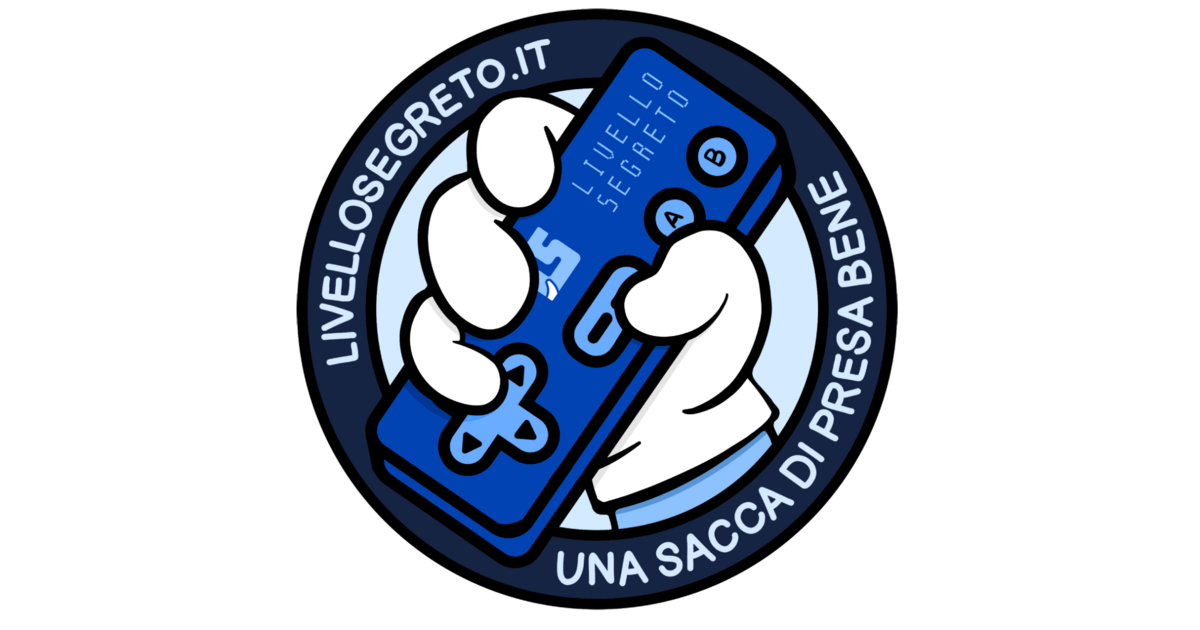#Arch is replacing #Redis with #Valkey.
The transition period will be of 14 days, at the end of which the Redis package will be moved to the AUR.
I said it already one year ago after Redis switched its license to a very restrictive SSPLv1: I don’t get it. And I said that little, if anything, would have changed, and that the Redis community would have just been splintered into a bunch of forks, while the great offenders (AWS and Azure in the first line) would have just switched their cloud offerings to the more permissive forks, still without feeling any duty to contribute back.
Fast forward one year, that’s exactly what happened.
AWS is already offering Valkey as a drop-in replacement for Redis in ElastiCache. Most of the distros have already switched to Valkey, or are considering to do so. The only loser so far has been Redis itself, which has lost community support, users, developers and funding.
Lesson learned: if you build a FOSS project, and you’re pissed by Amazon and Microsoft monetizing it without contributing back, opting for a strict open-source (but NOT free) license that forces any users of your product to also release the full source code of what they’ve built with your product (not only any modifications they’ve made to your product itself) is a bad idea.
I mean, I would love to live in a world where such a strategy actually helps, where the “free-as-in-beer” folks can be sensibilized about the cost of their freeloading and where you can nudge them to be less evil with a license that forces them to build more in the open. But the truth is that this world is quite far from that vision. If the cost of forking is perceived as lower than the cost of contributing back, then you can assume that folks will just fork whatever was there at the time of the license change.
https://archlinux.org/news/valkey-to-replace-redis-in-the-extra-repository/
#ruby #rubyonrails #api #postgresql #redis #seniorengineer
Barcelona, Spain
Full-time
Workato







